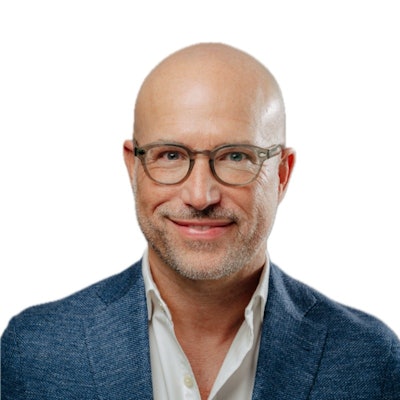College students are turning to faculty for career advice, but not as many of these educators are working with their school’s career centers to better respond, according to a new study from the National Association of Colleges and Employers (NACE). Shawn VanDerziel
Shawn VanDerziel
The study – conducted in partnership with the American Association of Colleges & Universities (AAC&U) and the Society for Experiential Education (SEE) – looked at responses from 6,800 college faculty to gauge the extent to which faculty play a role in students’ career journeys.
According to "Faculty Attitudes and Behaviors: The Integration of Career Readiness Into the Curriculum", over 90% of faculty members reported that students had asked them for guidance in the past year, with students usually asking about internships, graduate education, and jobs suitable for their chosen major. But just 70% of responding faculty said they work with their school’s career centers, departments that are meant to be well-equipped to answer such student questions.
And while most faculty members (65%) said their academic departments had aligned broad student learning outcomes with career readiness competencies, a significantly fewer number (55%) said they were aware that their school had done the same.
According to NACE, this may represent a lack of cohesion and awareness between faculty and their institutions when it comes to their efforts to prepare students for future careers.
“Awareness is important,” NACE President and CEO Shawn VanDerziel said. “Our study found that among faculty members who are aware their institution has aligned competencies with student outcomes, nearly 80% have collaborated with the career center. Overall, the study points to the need for broad support for collaboration between faculty and campus resources as a means for increasing institutional effectiveness and student outcomes.”
The different departments within a school working together – combining the expertise of career center directors, advisers, and community engagement leaders – can help strengthen the education and preparation they give students, said AAC&U President Dr. Lynn Pasquerella.


















